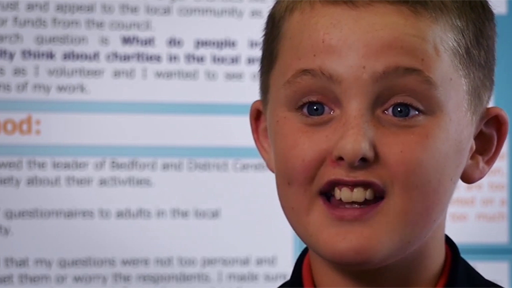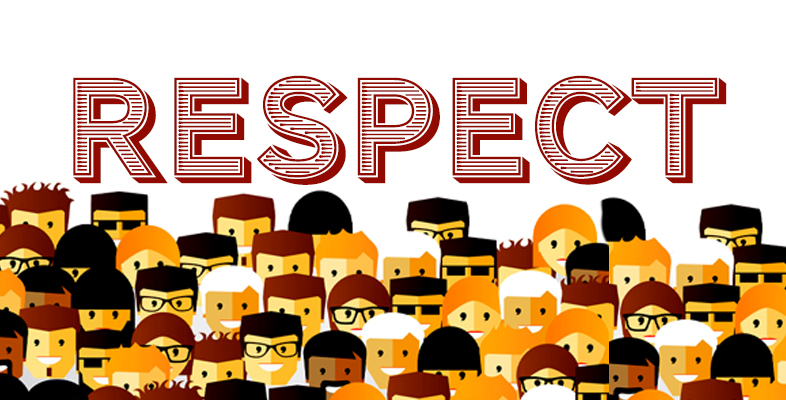2 What to research: sensitive topics
Some potential research topics may seem far too sensitive to even approach. If asking a question has the potential to cause upset or distress, is it ever appropriate to ask it? A research topic might be sensitive because it evokes strong emotions about poignant or controversial topics. Or the context might be challenging for the participants and the researcher, whether you are an outsider (such as a university academic studying in a school or a commercial organisation) or an insider (such as the researcher in Case study 1.1) to that context.
What should or shouldn’t you research? You will have a chance to debate this later in the course forum.
Established researchers based in universities or on funded projects are required to seek ethical clearance from an ethics committee before undertaking any form of data collection. They have to justify their choice of topic and be transparent about risks and sensitivities.
All researchers, even those planning a small-scale study, need to think ahead, assess risk, be transparent and discuss their plans with someone experienced. Going into a context unprepared and without due consideration of the potential risks for participants and the researcher is highly unethical. You will explore this further in Session 2.
Activity 3 Should you or shouldn’t you… study sensitive topics with children and young people?
Watch this 27-second video clip of a researcher from the Children’s Research Centre at The Open University and respond to the following prompt questions.

Transcript
Think about:
- Why might children be considered potentially vulnerable in research?
- How did the research discussed show sensitivity to the children involved?
- Can you think of other ways researchers might reduce the vulnerability of children participating in research?
Discussion
If you have been a participant in a research study, this should have been on a voluntary basis and you should have been offered the opportunity to withdraw. Think about this in relation to children and their ability to voluntarily participate. Children and young people are often in situations with adults in which there are unequal power relations and therefore it calls into question the extent to which they feel able to refuse invitations to be involved. Such power imbalances can happen in many settings, such as when more senior members of staff invite less senior staff they line manage or when patients, clients or customers are asked by more powerful stakeholders to participate in research.

